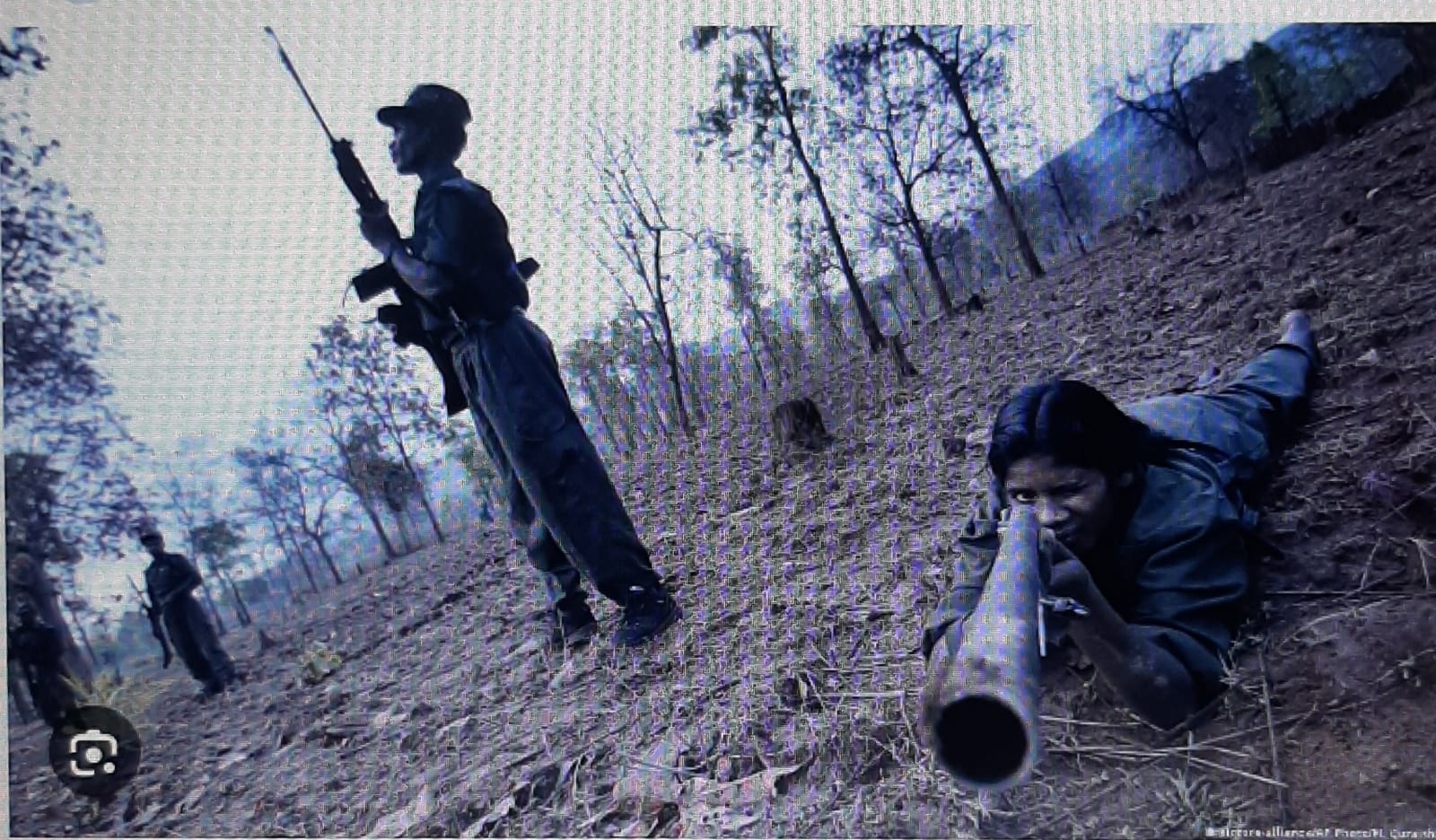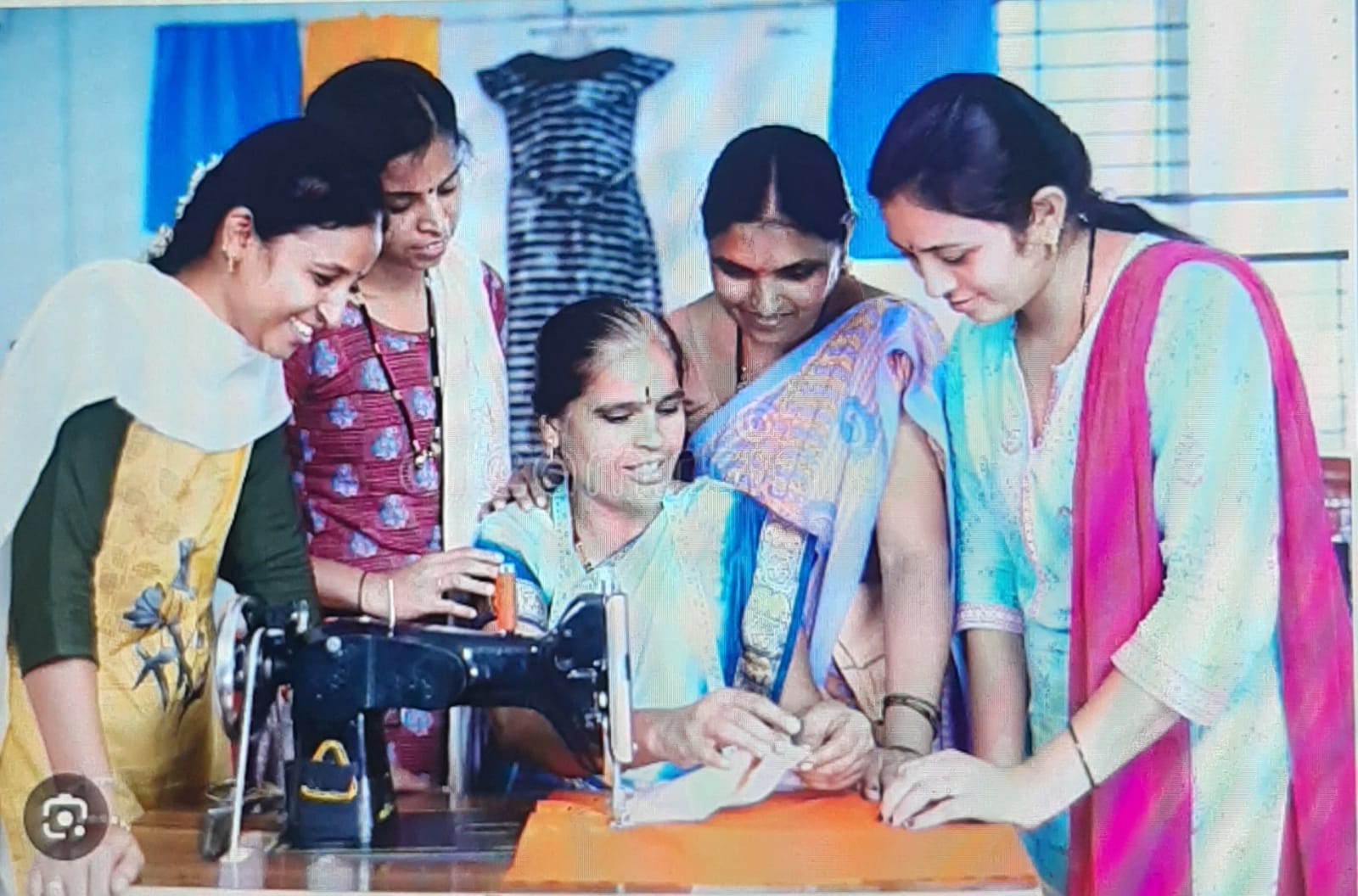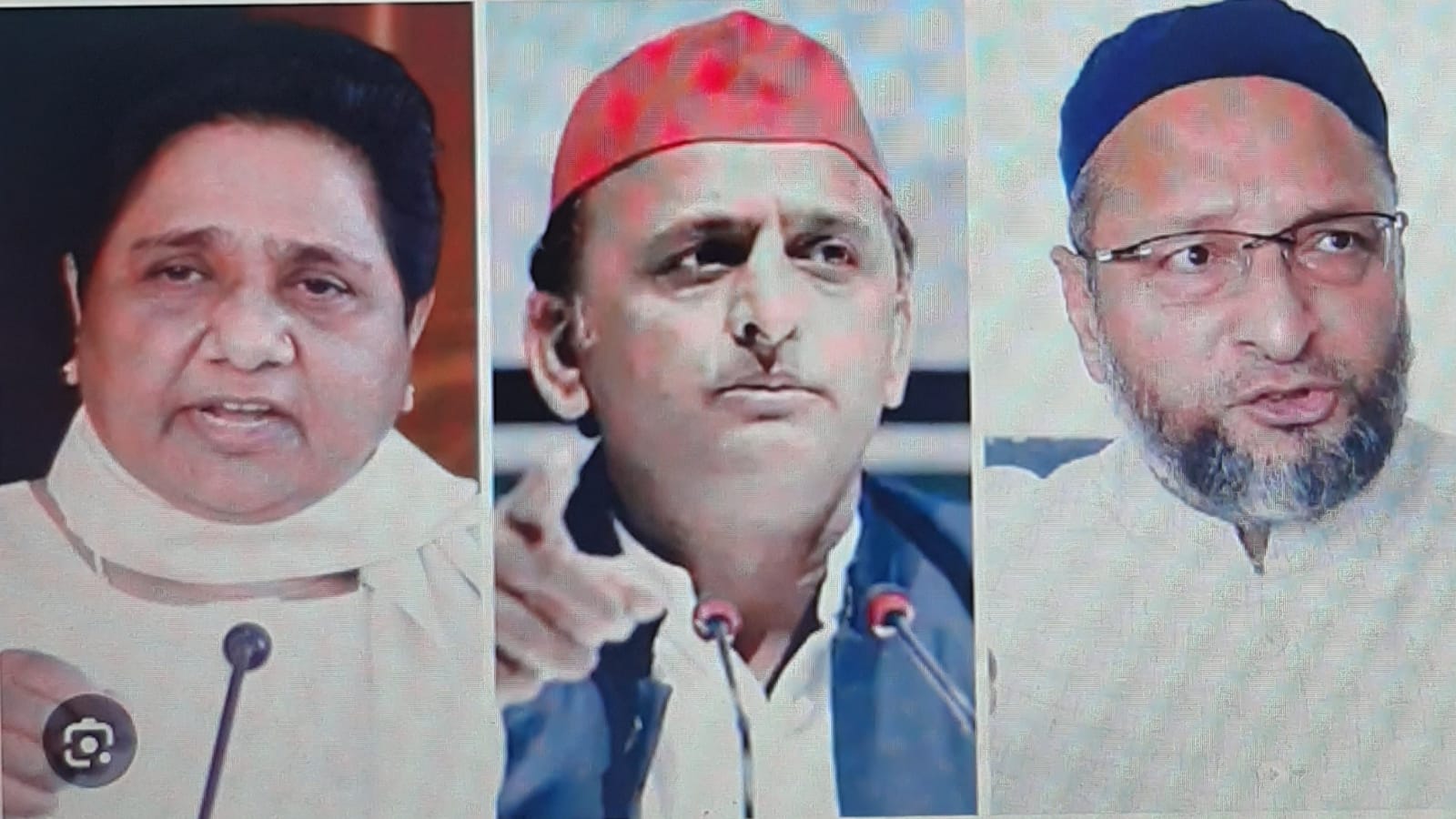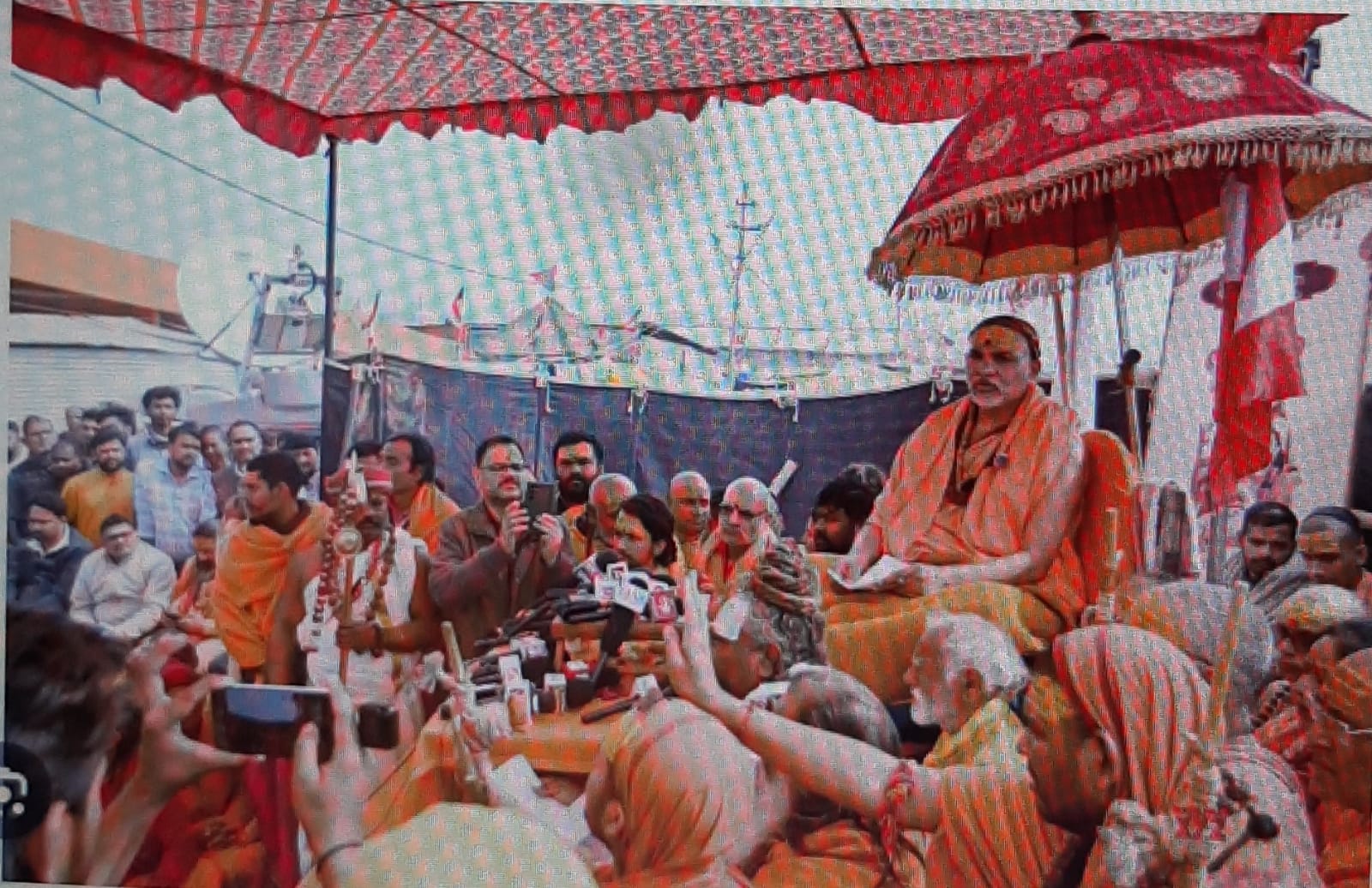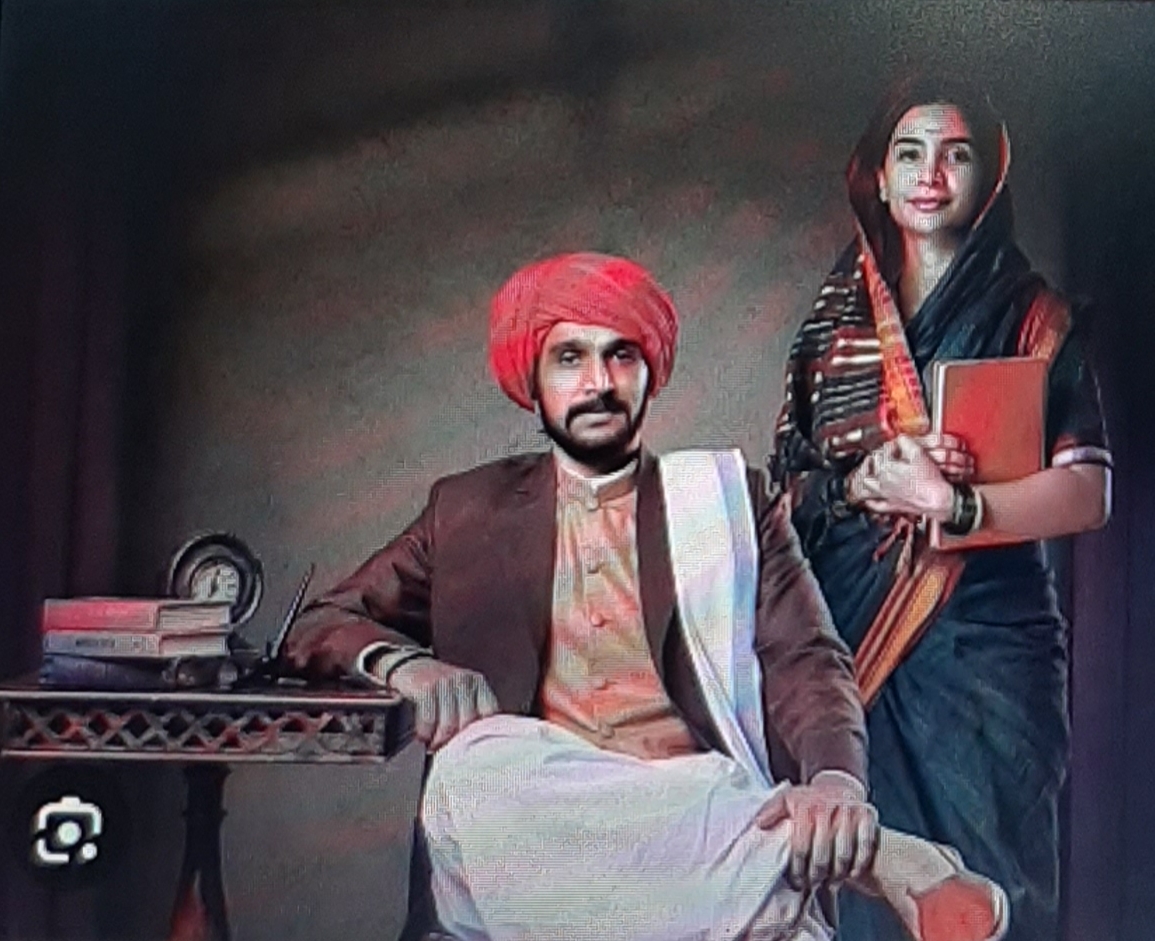
The contribution Phules and Dr Ambedkar to overall social progress is so compelling which cannot be confined to only the victory of the oppressed class. It is a victory which went far beyond the confines of caste, social class, community or religion and it lifted humankind itself to a higher plane of civilization, writes former IAS officer Juthika Patankar
The recent film on Jotiba Phule was a fine attempt to convey the message of the importance of rationalism and education for the uplifting development of any human being. And what gave so much more weightage and power to this message was that it was rammed home, in the teeth of strident, often ugly, opposition, by Jotiba Phule, a member of the reviled low caste and his wife, Savitribai, a low-caste and a woman.
Mahatma Phule, Savitribai Phule and B R Ambedkar were modern India’s finest minds. Their passionate commitment to education, to learning, to rationality, to enlightened thought and by implication, to equality, liberty and fraternity set them apart as persons. Add to these qualities, their courage, determination and grit to battle severely adversarial forces and blaze new paths to freedom and triumphal conquests and you have three truly remarkable heroes.
How do we view the legacy of these superb representatives of the greatest potential of humankind? In a caste-ridden India where in spite of education, technology, modernity and the 21st century, the humiliating practice of caste-based discrimination seems never to go away, opinion is sharply divided on this subject. The overwhelming majority of the Scheduled Castes, still suffering from injustice and brutality at the hands of the ‘higher’ castes, look upon Mahatma Phule and B R Ambedkar as Gods. This implicitly underlines two things: one, the negation ever to examine critically and assess objectively the work of Phule and Ambedkar, and two, a tacit acknowledgement that the greatness of these two lies beyond the pale of ordinary human beings so there is never any question of attempting to emulate them. Sadly, the overwhelming majority of the castes other than the Scheduled Castes, as also people from other religious communities, view Phule and Ambedkar as essentially Dalit icons. Their contribution to the making of modern India is accepted but invariably qualified with the reminder that it was especially creditable as they had low-caste origins and consequently ‘natural’ disadvantages. There is more than a hint of patronising in their deference to these great individuals. Only a minuscule minority of Indians genuinely hail the greatness of the Phules and Dr Ambedkar for what it is, namely, the focused attention of all three to higher thought, reason, education and enlightenment which resulted in a lasting legacy for India’s citizens.
We owe our Indian Constitution which has bestowed upon us the gifts of democracy, fundamental rights, federalism, the rule of law and a pointer to social justice to the powerful intellect of Dr B R Ambedkar. Is it a deliberate and ironical joke played upon the casteist Hindu society by Providence, that the civilised future of India’s society and polity had to be ensured by the work of an individual who faced the ills of discrimination and gross social injustice owing to the unfortunate circumstances of his birth in a ‘low’ caste? Director Jabbar Patel’s wonderful film on Dr Ambedkar literally shows us what an amazing intellectual, a resilient powerful force of sheer logical reason was Dr Ambedkar. His struggle for survival and then for driving home the point about the equality of all men as a basic inalienable right which demanded enforcement, not pious commiseration or charity, underscores how difficult and arduous is the journey of human endeavour even in a just cause. The unique and individual brilliance and tenacity of Dr Ambedkar overshadows, as it should, the fact of his social origins and his battle against appalling odds, howsoever much the latter ought not to be forgotten.
The film on Jotiba Phule and Savitribai Phule similarly succeeds in evocatively foregrounding the heroism of the two principal characters. Their striving for the spread of education among girls (and that too, girls from low castes) is a supremely inspiring contribution to the milestones of human achievement. The perpetrators of harm in their path are vanquished, metaphorically speaking, by the brave and all-conquering determination of the Phules. In today’s society and for today’s youth in particular, the visuals would truly bring home to them the enormous significance and historical victories of what Jotiba Phule and Savitribai accomplished. For, the sum total of the invaluable legacy of the Phules and Dr Ambedkar is far greater than the context of the caste conflict in which they eventually triumphed.
The point being made is not to devalue the massive fight against prevailing injustice that had to be fought and won. Rather it is to emphasise the mammoth stature of their contribution to social progress which is so rich, so compelling and so comprehensive that cannot be contained or limited only to the victory of the oppressed over the oppressive system. It is a victory which went far beyond the confines of caste, social class, community or religion and it lifted humankind itself to a higher plane of civilisation.
Indeed this is how one would always remember in gratitude the work of the Phules and Dr Ambedkar. They represent milestones in the world’s (not only India’s) journey of human civilization.
(Ms. Juthika Patankar is a visiting faculty in Gokhale Institute of Politics and Economics and a member of Pune International Centre. She is also a former civil servant. Views expressed are personal.)



